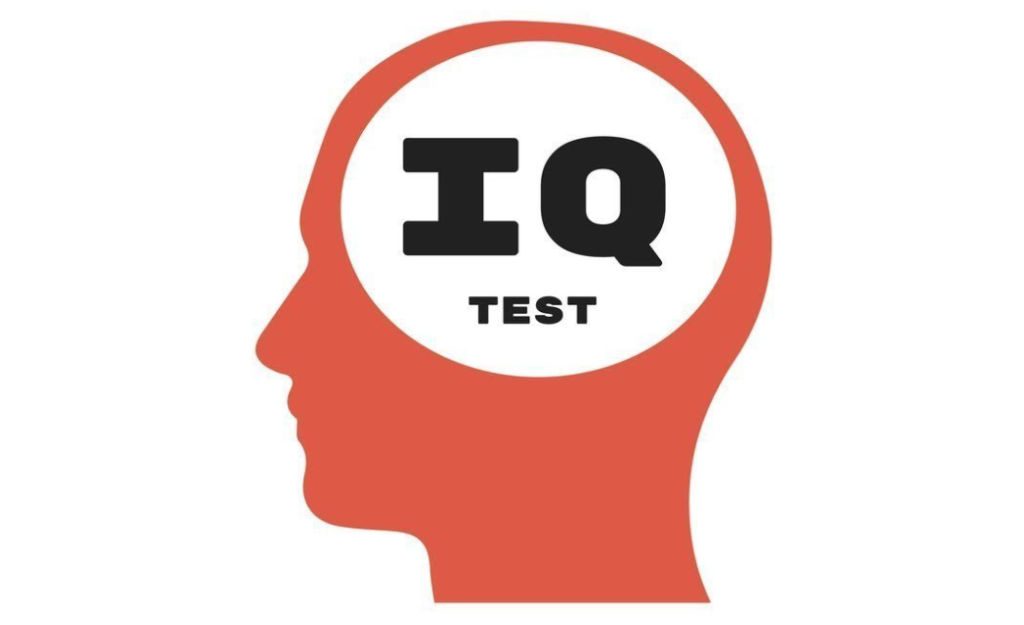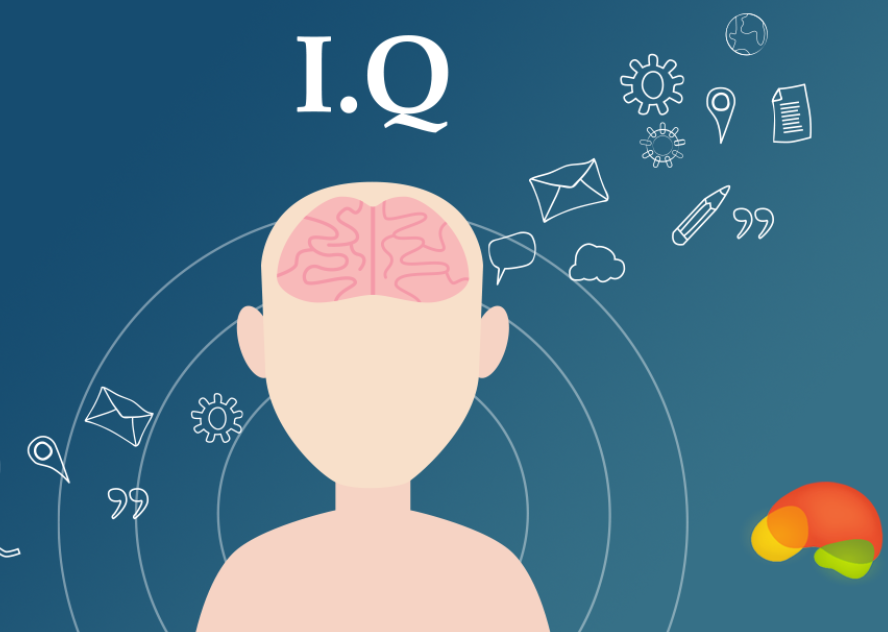IQ tests are a widely-used way of assessing an individual’s mental capacity, invented in 1904 by Alfred Binet and Theodore Simon.
These tests assess a variety of skills, from memory to attention and critical thinking. Unfortunately, they don’t provide an exhaustive picture of someone’s potential.
IQ Tests
IQ tests are used to measure an individual’s cognitive ability. Psychologists believe that a person’s IQ can predict their success in certain circumstances, such as thinking abstractly in science, engineering or art or leading teams of people.

However, they also recognize that success is dependent on many other elements. For instance, someone’s drive and perseverance can enable them to reach goals they otherwise might not have accomplished.
Research has also discovered that women’s average IQ has been rising over time – this phenomenon is known as “The Flynn Effect.”
It appears that women are now just as intelligent as men, though this could also indicate they are drawn into careers which require more intellectual effort than their male counterparts, leaving them less free to take care of family responsibilities and household tasks.
Gender Differences
Gender differences in self-estimated intelligence (SEI) have long been noted. Males typically provide higher estimates than females, which has been referred to as the male hubris versus female humility effect (MHFH).
Researchers have suggested that gender differences in test results may be due to expectations for success. To explore this further, researchers manipulated test expectations in Study 1 in order to see if they affected test outcomes.
Participants were provided a booklet of self-estimated intelligence measures and the Cattell Culture Fair IQ test, after which they completed surveys measuring sex role identification and overall self-esteem.
We observed that sex-role identification was positively related to both SEI and performance on the CCFIT. Attributions to effort were negatively related to performance on the test. Furthermore, expectations of future success were significantly elevated by sex-role identification. These results provide insight into achievement-related beliefs which might explain gender differences in performance as well as future course and occupational choices.
Norms
One of the enduring findings in psychology is that intelligence plays an integral role in job performance. This is because intelligence enhances a person’s capacity for learning new information, ultimately leading to improved job efficiency and effectiveness.
IQ tests are intended to measure this relationship. Unfortunately, test results can be adversely affected by motivational and affective processes such as emotional tension or fear.
Gender differences in IQ test success appear to be linked to expectations for success. Individuals with lower expectations performed worse compared to those who expected greater successes.
These results could be explained by individuals having different levels of fluid intelligence. This type of intelligence enables people to solve problems in novel and creative ways.
Test Formats

There is a vast selection of IQ tests, each offering slightly different tasks and measures to calculate an overall score. Some are designed for children in educational settings, while others evaluate adults for employment purposes.
Many questions on these tests are timed, meaning test takers must answer them quickly and within a certain window of time. This makes it challenging for students to correctly answer all questions correctly, potentially contributing to the gender gap seen on many IQ tests.
However, this isn’t the only factor responsible for creating a gender gap. Time spent taking tests and how much effort students put in can also have an effect on it.




